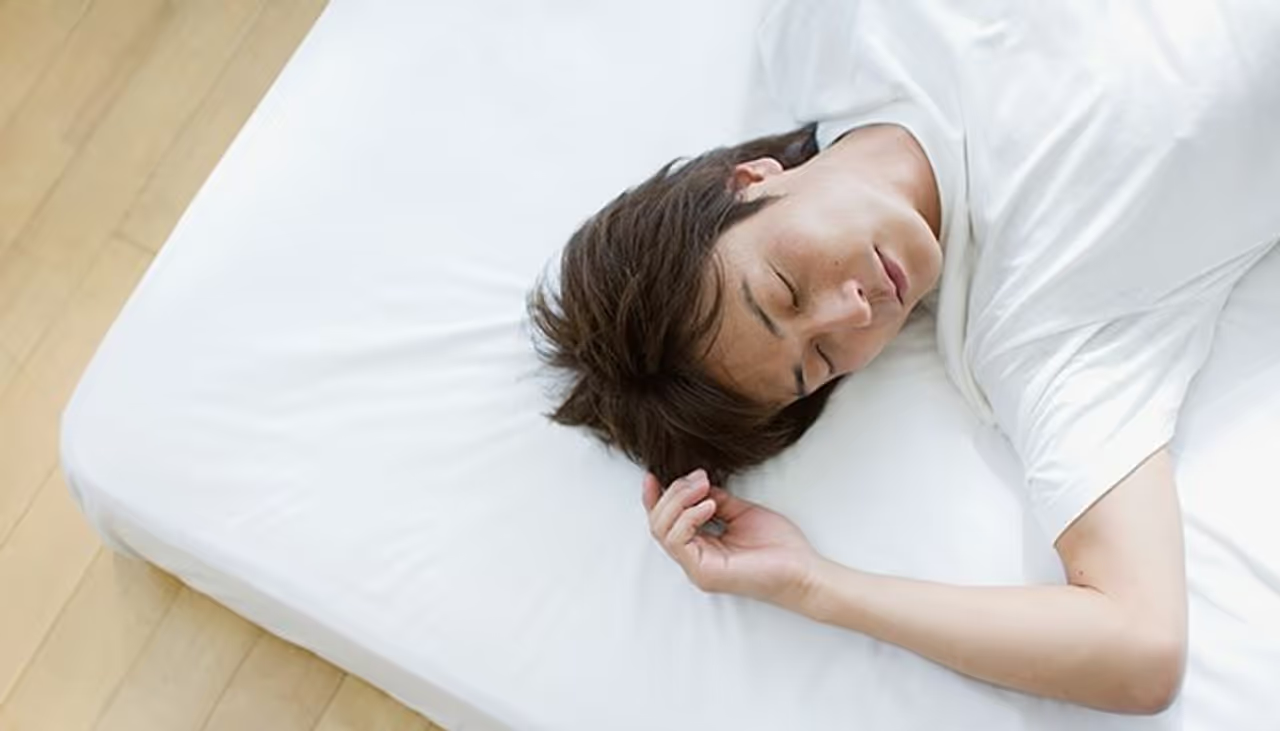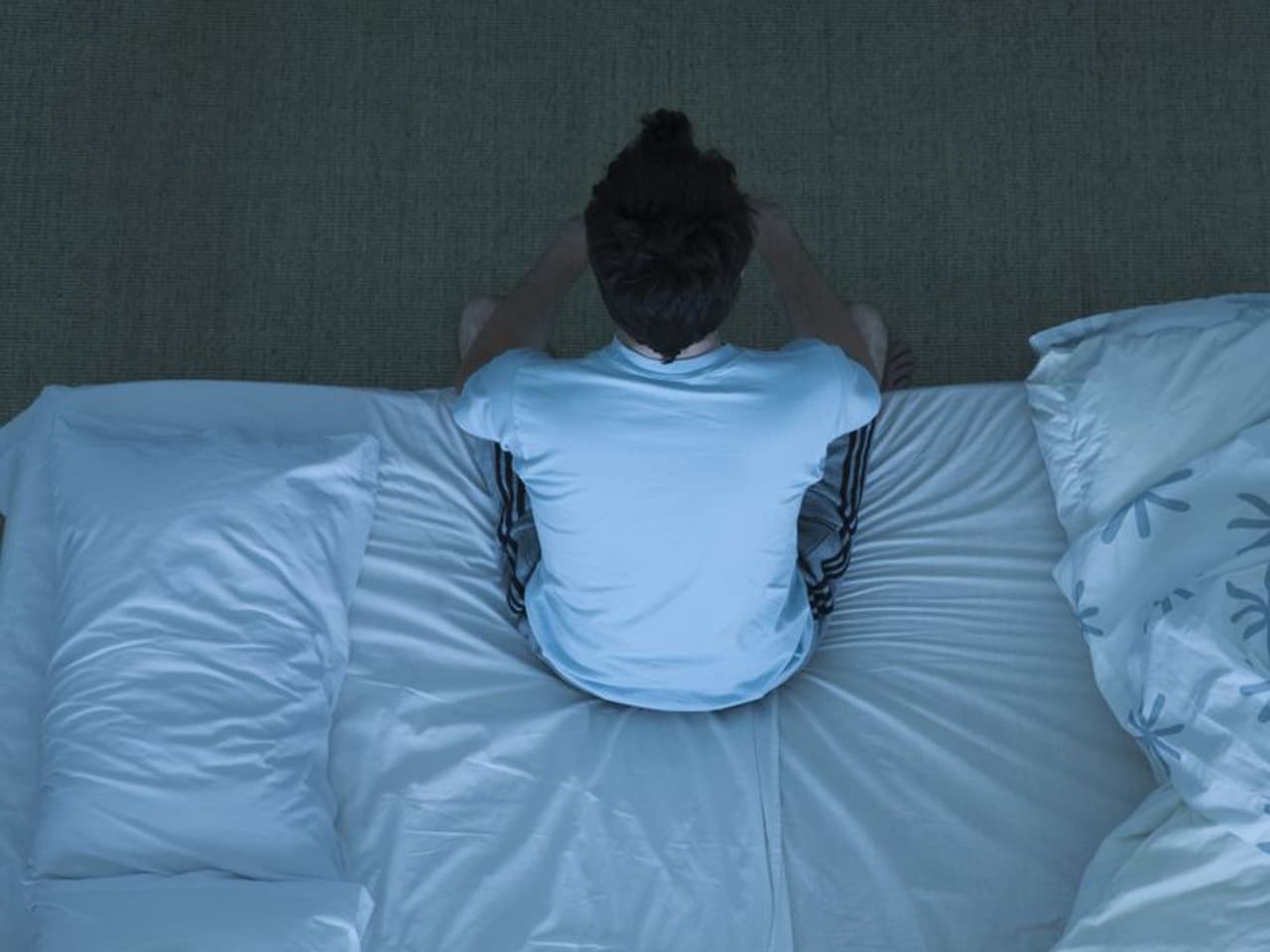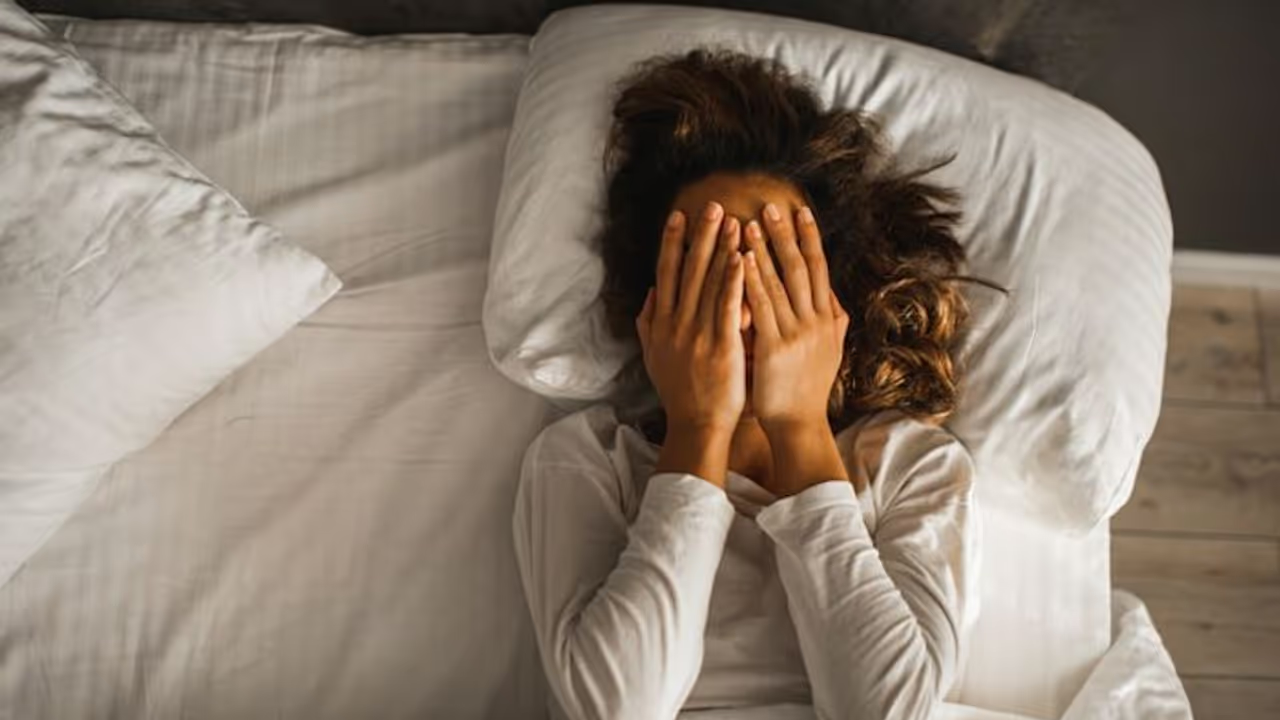We spoke to Dr. J Harikishan, Senior General Physician, Kamineni Hospitals, Hyderabad, about preventing allergies and ensuring a good night's sleep.

While pollen particles are everywhere round-the-clock, the levels really ramp up at night, increasing your exposure and allergy symptoms. You want allergy-proofing in your home, or at the very least, in your bedroom, to ensure you get a good night’s sleep?
If you are sleeping with the windows open at night to get fresh air, pollen can sneak into your house and settle into your bedding and pillows without your knowing, leading to allergies flaring up at night. Eliminating allergens from your bedroom is the best way to decrease the likelihood of having your allergy symptoms flare up at night and disrupt your sleep, making you feel fatigued in the daytime.
While pollen particles are everywhere round-the-clock, the levels really ramp up at night, increasing your exposure and allergy symptoms. Your symptoms may even feel worse at night if you are more conscious about your allergies at night than during the day.
Also Read: World Kidney Day 2023: Date, history, significance and why is it important to have healthy kidneys

Whether your allergy symptoms result from dust and pet fur or another allergen, symptoms often worsen in night as soon as you lay down.
A few different types of allergies may get worse at night, including allergies to dust mites, pet dander, pollen, mould, and cockroaches. Many people have allergies inside their home, possibly caused by dust mites, pet dander, or mould. In addition to dust mites, many people suffer from allergies caused by moulds and mildew that may grow in old and low-quality mattresses.
To prevent allergies and ensure a good night's sleep, keeping your mattress, pillows, and bedsheet free from pollen and dust mites is crucial. Mr. Anand Nichani, MD, Magniflex India, says, “Your mattress alone can harbor around 10 million dust mites, which can worsen allergies and lead to asthma. It is recommended to clean your mattress every three to six months or more frequently if you have pets. Neglecting to clean your mattress can not only affect your health but also reduce the durability of the mattress.”
Also Read: What is Polycystic Ovary Syndrome (PCOS)? Know the symptoms, causes, treatment
Pillows and mattresses are wonderful at keeping you sleeping well, but they are also excellent at containing allergens like dust mites, pollen, and pet dander. Allergy-causing particles, including dust mites and pet dander, can gather in your mattress’ soft fibres and contribute to a less restful night’s sleep. Allowing pets to sleep on your bed allows for dust mites to be transferred onto bedding materials, worsening allergies symptoms.

Pet dander, which is skin (as well as urine and saliva) rather than fur, can get onto your clothes or bed sheets and worsen allergies symptoms. While pollen and pet dander may cause a stuffy nose and watery eyes, your bedding may be responsible, too. Hundreds of thousands of dust mites may reside in your home's bedding, mattresses, upholstered furniture, carpets, or curtains.
Latex allergies can appear in many ways, including hives, skin breakouts, itchiness, and watery eyes. Many people with atopic eczema also have other allergies-related conditions, like hay fever or asthma, though not always. There are several different factors that may intensify skin itching during the night.
If bed itching keeps you awake at night, we can help you figure out why and how you can stop it. Allergies like eczema often get worse at night for many different reasons.
